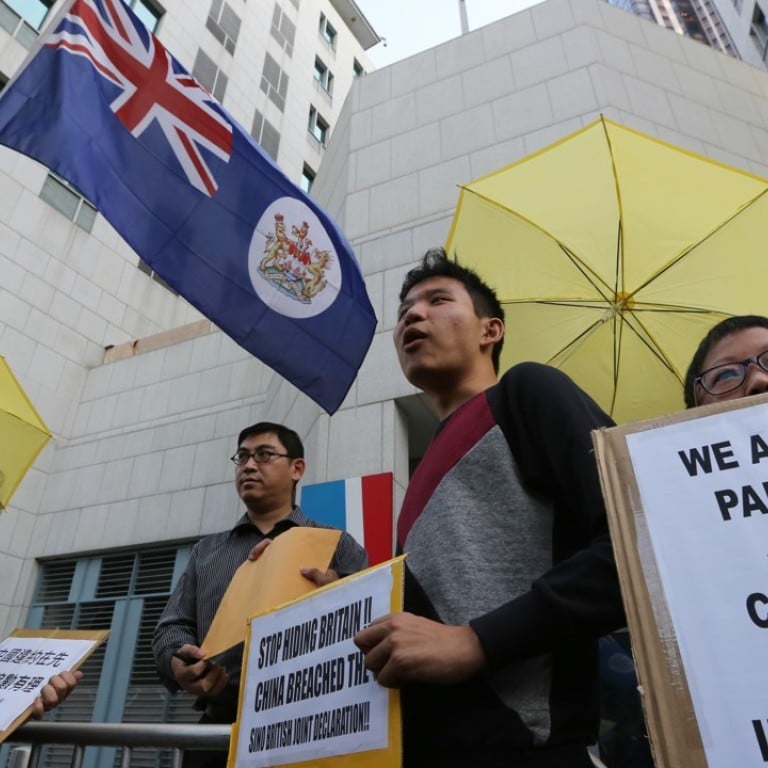
Hong Kong is still paying the political price for British colonial rule
N. Balakrishnan says the colonial practice of giving ‘jobs to the boys’ in the dying years of the empire, instead of training a local class of politicians, has left Hong Kong to be led by reluctant civil servants instead
There are some who think Hong Kong might have been better off, economically and politically, had it remained a British colony. Economically and socially, British rule was good, but it was a total failure politically – and the consequences are still with us.
[The French promoted] universal education, rather than the elite education of the British
“Mother countries” influence the society of colonies more than their neighbours. The Philippines and Hong Kong may be close geographically but the gun culture there, that came from America, cannot be found in Hong Kong.
The French might have been hypocritical in praising the “Republic” and equality while oppressing their colonies, but they did promote universal education, rather than the elite education of the British. And they took much better care of historical monuments.
The British empire was ruled “indirectly” in most parts – “native” leaders retained for ceremonial purposes while strategic decisions were made by dedicated imperial civil servants. However, this was not the case in Hong Kong.
What shocked me was how “direct” British rule was here. Even police inspectors were recruited from Britain, never mind the higher echelons of the judiciary and civil service. This lack of “localisation” was largely because Hong Kong became an important colony only after the second world war, by which time it was clear the empire would soon end.
‘It’s the end of an era’: Hong Kong force will have fewest expat cops in 170-year history
Hong Kong had a definite sell-by date and the British sought to maximise the time available by giving “jobs to the boys”.
This stunted any internal political development, and the city is still paying the price.
Hong Kong inherited social services that are the envy of many a developed country. What it lost politically, Hong Kong gained socially
But there was a flip side. In post-war Britain, with colonial heroes such as Winston Churchill out of power, the Labour Party set out to build a welfare state. Thus, Hong Kong inherited social services that are the envy of many a developed country. What it lost politically, Hong Kong gained socially.
It might have been better had the British trained a local political class instead of importing governors until the end. The idea that China would not have allowed it does not hold water, distracted as it was by the Great Leap Forward and Cultural Revolution.
Hong Kong badly needs a professional class of politicians to pull together a divided society, rather than anointed and reluctant civil servants pretending to be politicians.
This was the main failing of the British, who should otherwise be commended for leaving behind an overflowing Treasury, and good infrastructure and social services.
N. Balakrishnan is a former foreign correspondent and an entrepreneur in Southeast Asia and India

